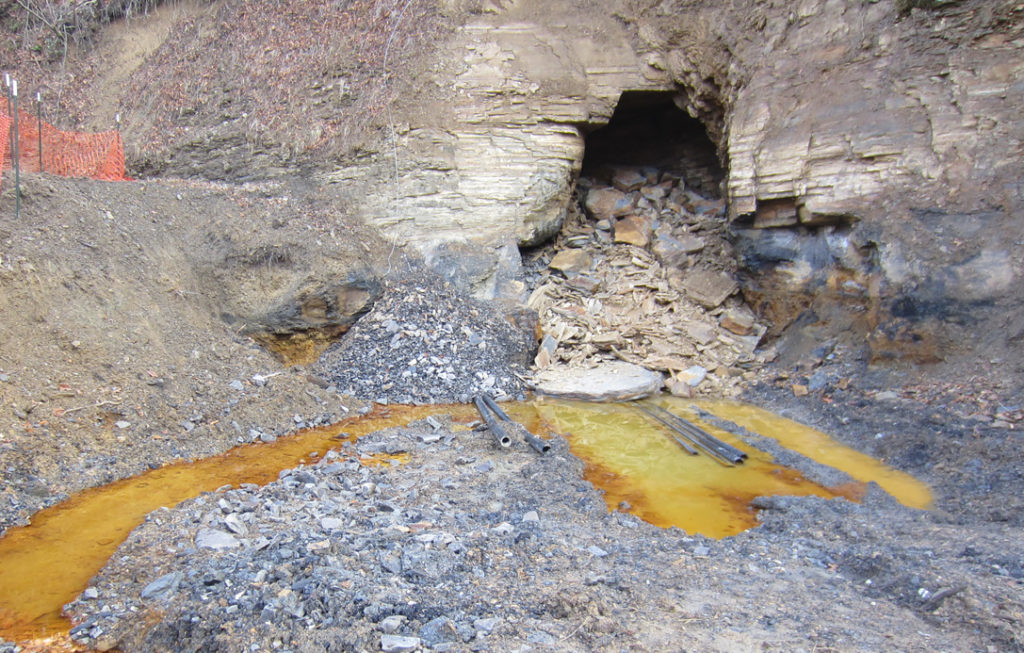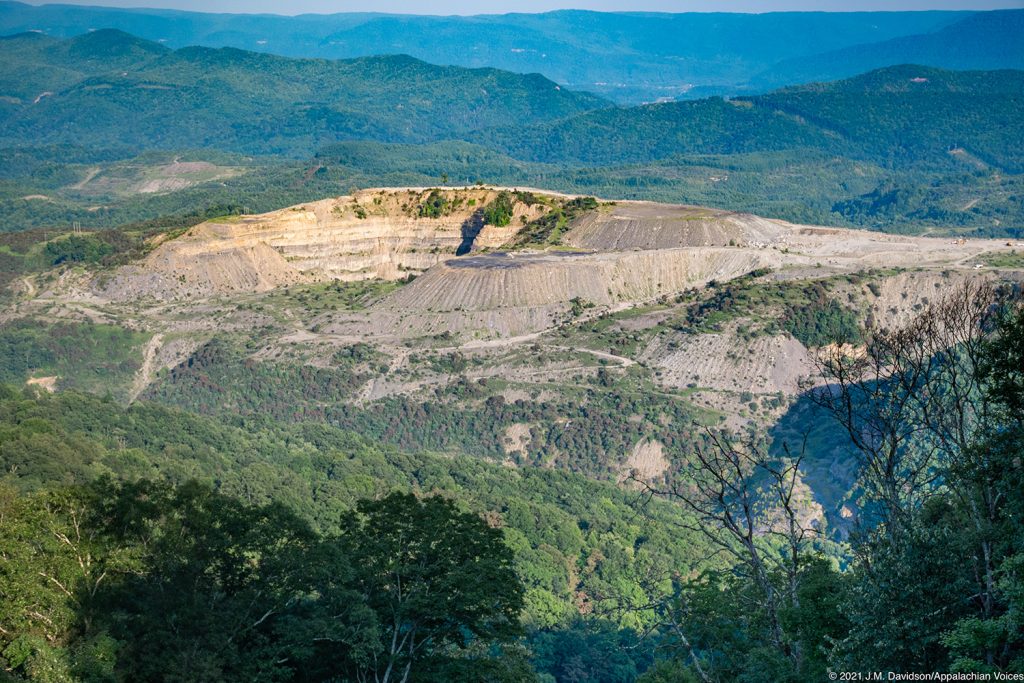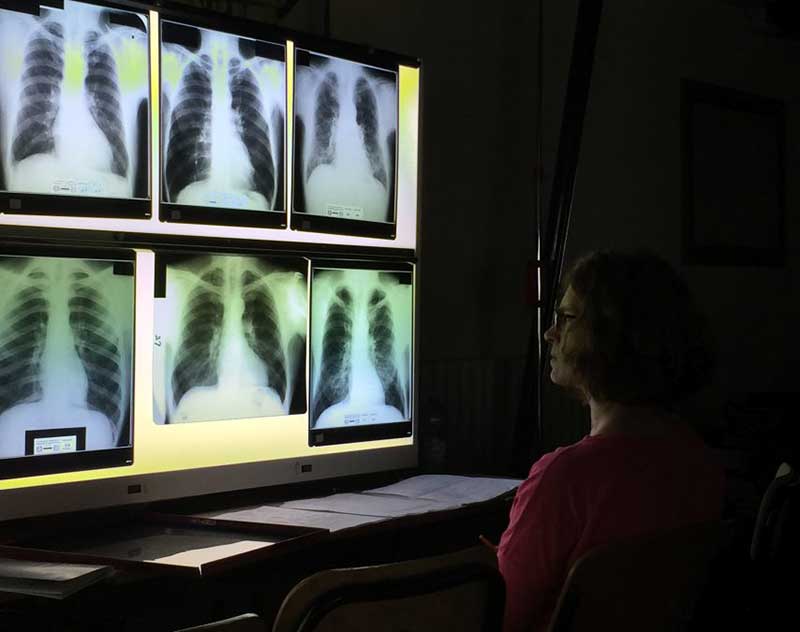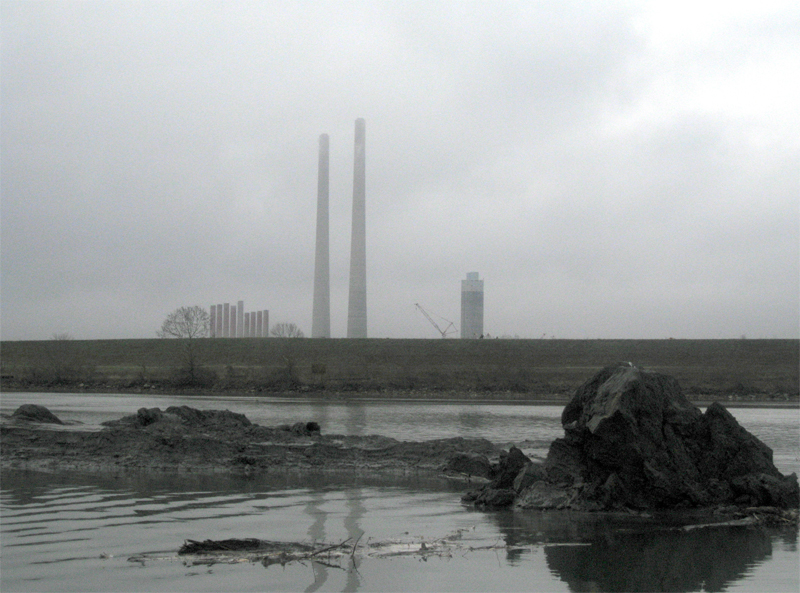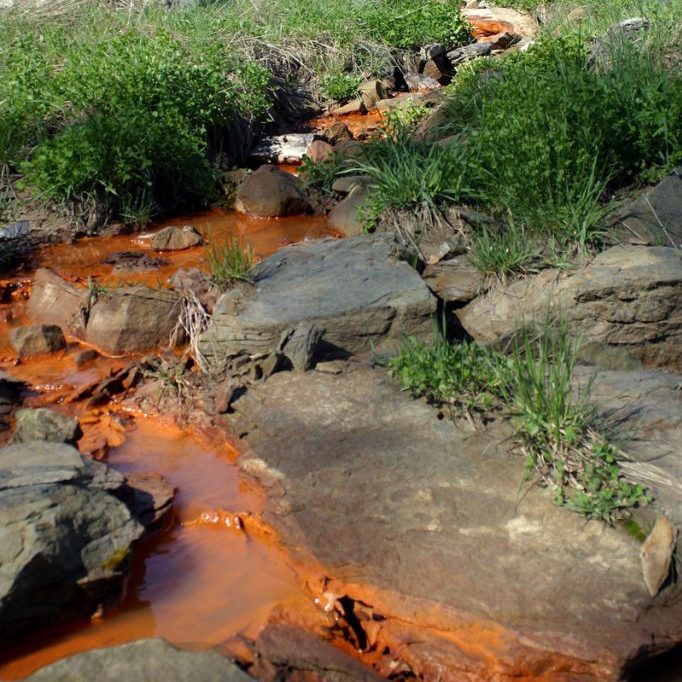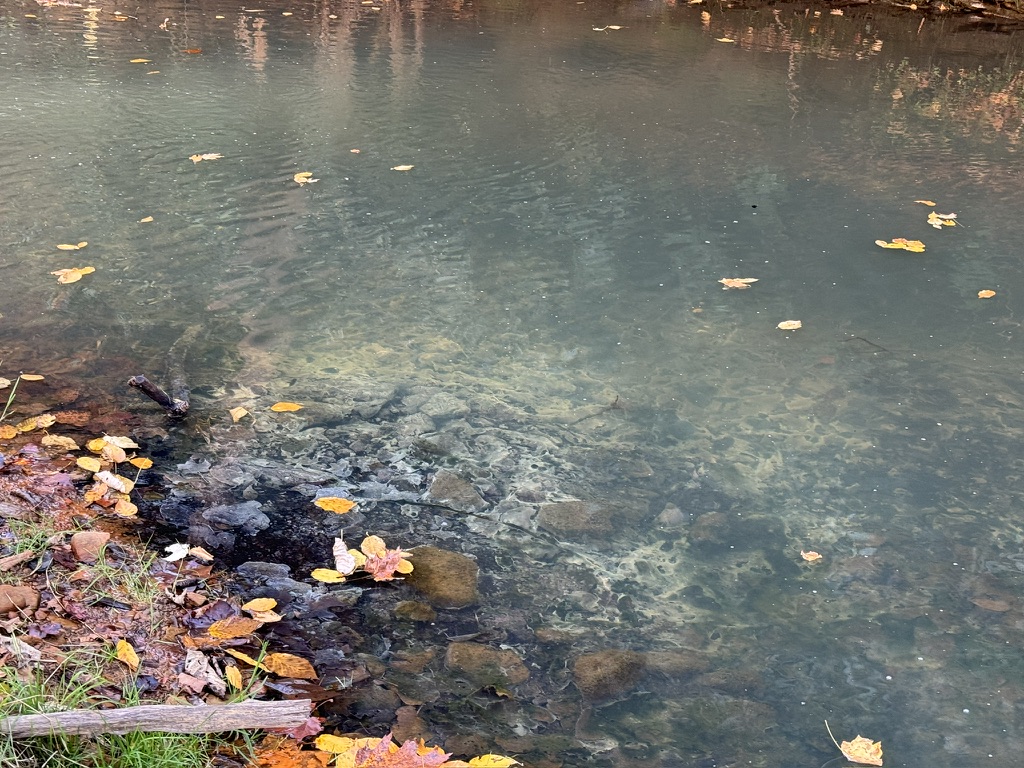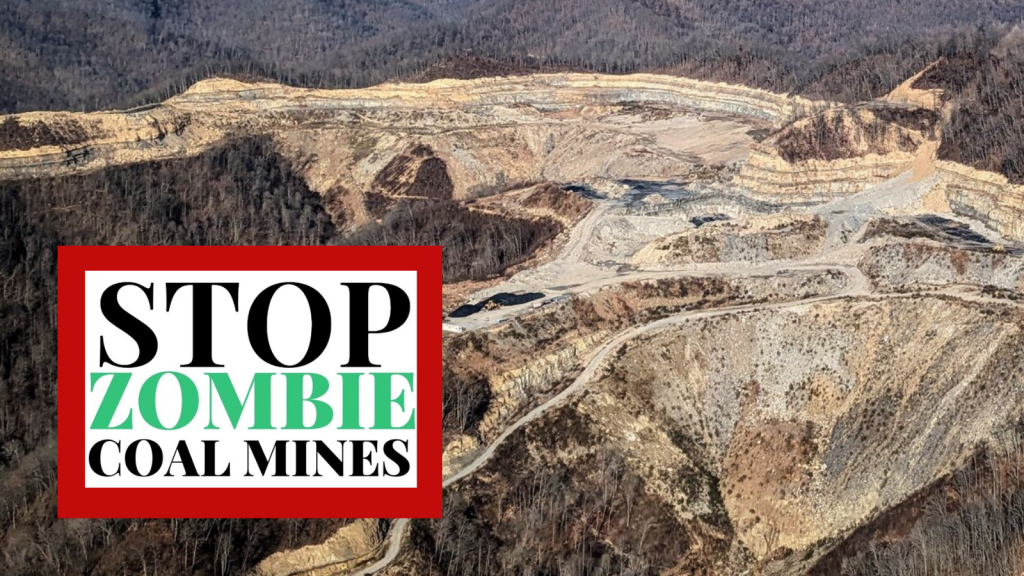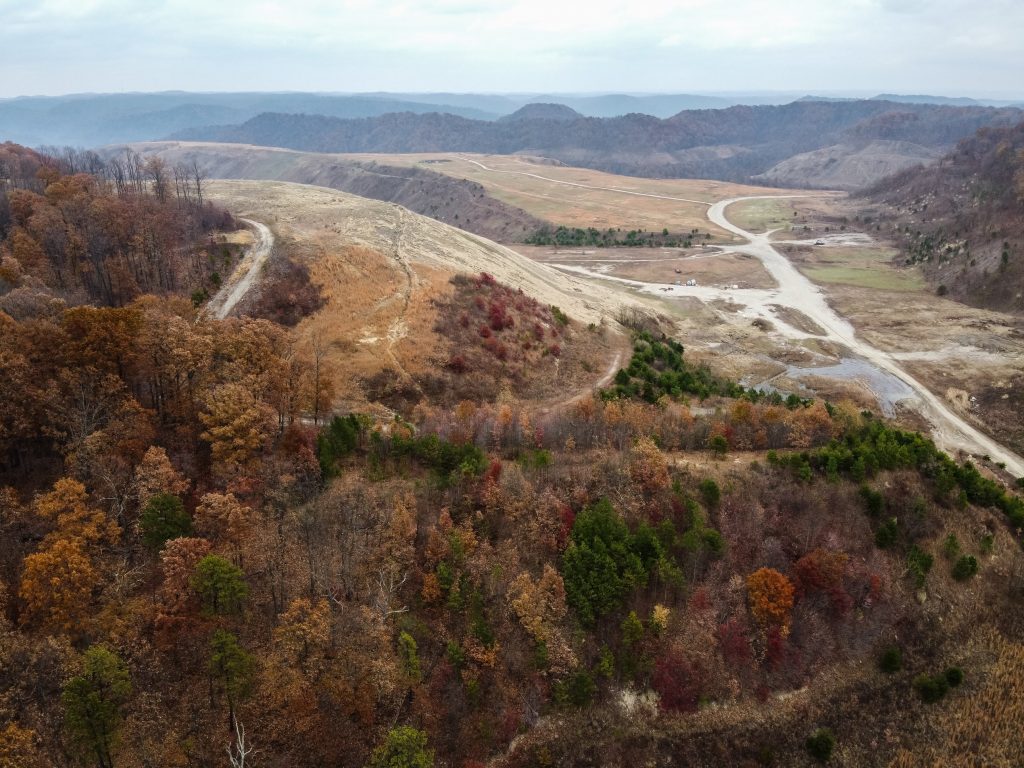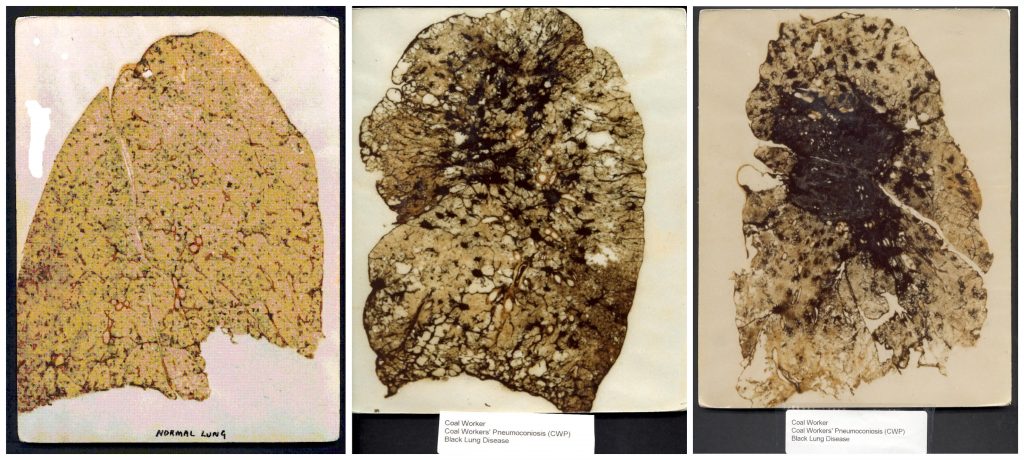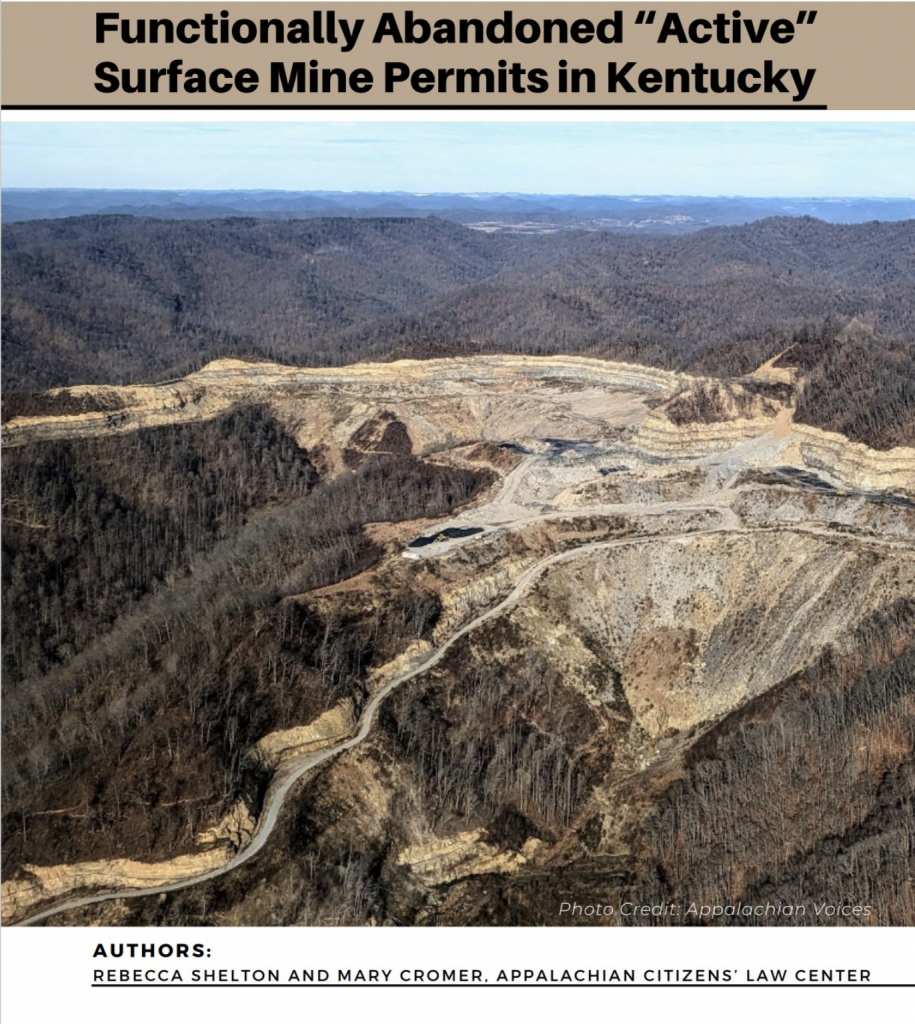Holding the Coal Industry Accountable

An abandoned and decaying structure at the Sugar Cove Mine in Virginia. Photo courtesy of DMME
Centuries of coal mining in Appalachia have left a wake of destruction behind. Thousands of former mine sites still pose health and safety risks, and the extensive environmental damage includes polluted waterways, compromised groundwater, and the loss of 1.5 million acres of forest in one the most biologically diverse temperate ecosystems on the planet.
Residents in this region have dealt with increased illness and shortened life expectancy. Black lung disease is again on the rise, and both current and former miners are fighting to protect their vital healthcare benefits. Communities that depended on the coal industry’s boom years now face daunting financial challenges.
Meanwhile, the bosses and bankers who got rich off of Appalachia realize that the market for coal is continuing to decline. Many are trying to jump ship, taking their wealth with them and leaving the problems for local communities and taxpayers to deal with.

As Appalachian Voices continues to fight new mountaintop removal coal mining permits and monitor existing mines, we are also committed to ensuring that the communities that have long borne the brunt of mining are not left behind. We are determined to hold the coal profiteers responsible for cleaning up the land and water they defiled and fulfilling their obligations to miners and their families.
Communities near mines and power plants are among those that often face elevated air pollution. We’re working with 16 community groups and two universities to track air quality in communities throughout Kentucky, Pennsylvania, Tennessee, Virginia and West Virginia with about 80 monitoring devices. These are deployed at in communities near fossil fuel infrastructure and other industries.
Similarly, the communities living near coal-fired power plants have suffered the burden of air and water pollution created by burning coal for electricity. Our years-long campaign alongside North Carolina communities impacted by Duke Energy’s dangerous storage of coal ash resulted in statewide cleanup orders, and we are committed to making sure the massive utility follows these rules.
We’re also working with communities in East Tennessee, site of the first major coal ash disaster in the country, to ensure that coal ash is stored in ways that protect residents, workers and waterways. And we’re engaged in legal challenges against Trump-era rollbacks on federal regulations for coal ash handling.
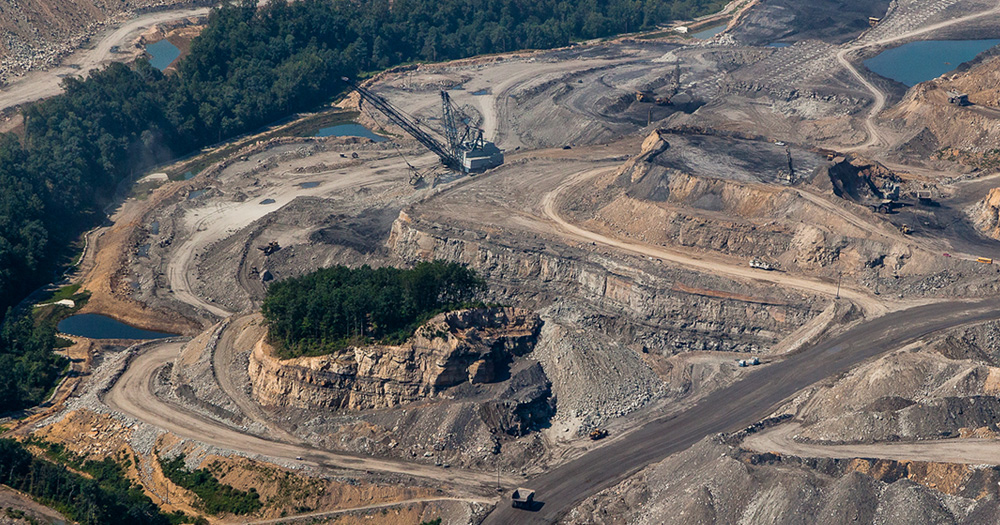
Ending Mountaintop Removal
Since the 1970s, the coal industry has blown up more than 500 of the oldest, most biologically rich mountains in America and destroyed more than 2,000 miles of headwater streams. Despite an ongoing citizen movement to end the destruction, and despite the decline in coal, it’s still happening.
Protect coal miners: Oppose cuts to NIOSH and MSHA
Black lung disease continues to ravage coal mining communities, despite regulations that are supposed to make their job safer. Unfortunately, the federal agencies that provide essential health services to miners are facing cuts.

Latest News
Coal Companies Point Fingers as Local Residents Contend With Flood and Home Damage
Geysers, dry wells, damage to buildings and strange slime in creeks have residents near Wolf Pen, West Virginia, looking for answers. Meanwhile, coal companies dodge accountability by blaming each other.
Prominent Navajo environmental leader to speak in Southwest Virginia and Western North Carolina
Along with Andrew Atencia and Adrian Herder, organizers for Tó Nizhoní Aní, Nicole Horseherder will be visiting Appalachia in March to teach and learn about the environmental justice movement in the coalfields of Black Mesa and Appalachia, respectively.
Advocates release policy platform to give Congress a plan to stop zombie mines
Today, advocates from across coal-mining communities released a new federal policy platform that serves as a road map to address and prevent unreclaimed “zombie mines” — idled modern-era mines that have not been cleaned up by the responsible coal companies.
PRESS ADVISORY: Advocates to release policy platform to stop zombie mines
On Feb. 15, advocates from across coal-mining communities will unveil a new federal policy platform that serves as a road map to address and prevent unreclaimed “zombie mines” — idled modern-era mines that have not been cleaned up by the responsible coal companies. Endorsed by 48 community and national organizations, the policy platform will offer an array of new recommended solutions to thwart the continued zombie mine crisis.
NEW analysis: Black lung benefits fall dramatically behind cost of living for sick miners and their families
A new analysis from Appalachian Voices and Appalachian Citizens Law Center finds that the cost of living is significantly higher than black lung benefits payments received by many miners with black lung and their families, illustrating the urgent need for congressional action to update how benefits are calculated and deployed.
New report shows alarming lack of mine cleanup progress in Kentucky
A recent study found that nearly 40% of the “active” surface permits in Kentucky have been sitting idle for the last five years. The coal companies responsible for those mine permits did not produce any coal, nor did they make any progress in cleaning up the sites.

